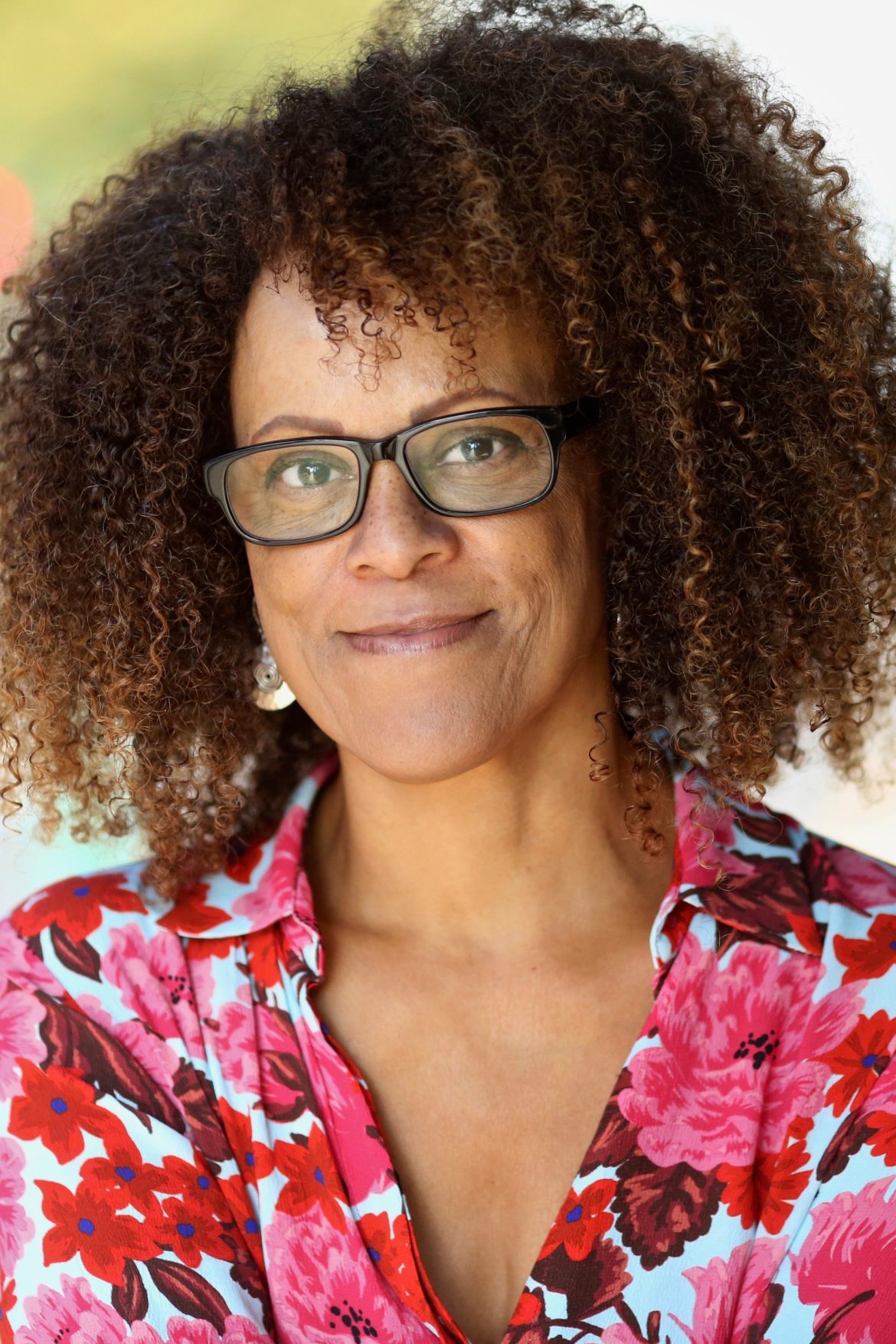The Booker Prize-winning author of Girl, Woman, Other writes exclusively for British Vogue about the unique power of the arts to interrogate universal truths – and issues a rallying call for a diverse literary culture that foregrounds the stories of all its citizens.
BY BERNARDINE EVARISTO
In January of this year, the poet Roger Robinson, whom I’ve known since we were on the same poetry circuit in the nineties, won the UK’s most prestigious poetry prize, the T S Eliot Award for Poetry for his latest poetry collection, A Portable Paradise. He is the first black British person to win it, the second black man to win it, and the fourth person of colour to win the Prize since its inception in 1993. I was overjoyed at his success, in some ways mirroring my own Booker Prize win last year, as both of us have been treading the boards of literature for decades and these awards have suddenly brought our writings to the fore. Roger’s poetry collection is exactly the kind of book we need out there as British society is forced to register the prevailing inequalities on these shores through the resurgence of the Black Lives Matter movement.
Roger’s poems range from the tragedy of Grenfell Tower to the premature birth of his son. Through sharing his interior self as an individual black British man with Caribbean origins, we connect to his humanity and appreciate his vulnerabilities, vision, experiences, sensitivities and points of view. When America went up in flames at the murder of George Floyd, it was the tip of the poisonous iceberg of systemic racism and police brutality rooted in the historic de-humanisation of African-Americans. If we time-travel all the way back to the beginnings of the transatlantic slave trade, history shows us that racism as an ideology was developed to justify the trade in Africans to the New World. If Africans were regarded as only semi-human, more ape than man, actually, then putting them to work like beasts of burden for no pay for centuries, couldn’t be considered a moral crime. Sadly, we live with the legacy of this ideology today, buried deep, or perhaps not so deeply, inside the psyche of those who perpetuate a racist status quo.
Like Roger, I am passionate about broadening the narrative of who we are in Britain. In my novel Girl, Woman, Other, the twelve interconnected primarily black womxn are aged 19 to 93 and span a range of sexualities, classes, cultural backgrounds, occupations and family relationships. My motto has long been to put presence into absence and black British women in particular tell me that they feel “seen” by this novel, while all kinds of other people have told me that they’ve gained insight into some of our life stories and experiences in this country, and also empathise with the characters, and even relate to them.
It’s really brought home to me the way in which literature can connect us to each other and foster and express our shared humanity. Our experiences in this country might be specific, but through art we can interrogate universal truths about what it means to be human. This is why it’s so important for our arts, culture and society to be inclusive of everyone. It has always been so easy for Brits to feel morally superior in the face of the scale of America’s globally amplified racial dramas, and to ignore our very own iniquities, which tend to be more perniciously subtle, but which are no less pervasive.
Fore more: see: www.vogue.co.uk/arts-and-lifestyle/article/bernardine-evaristo-publishing-diversity

